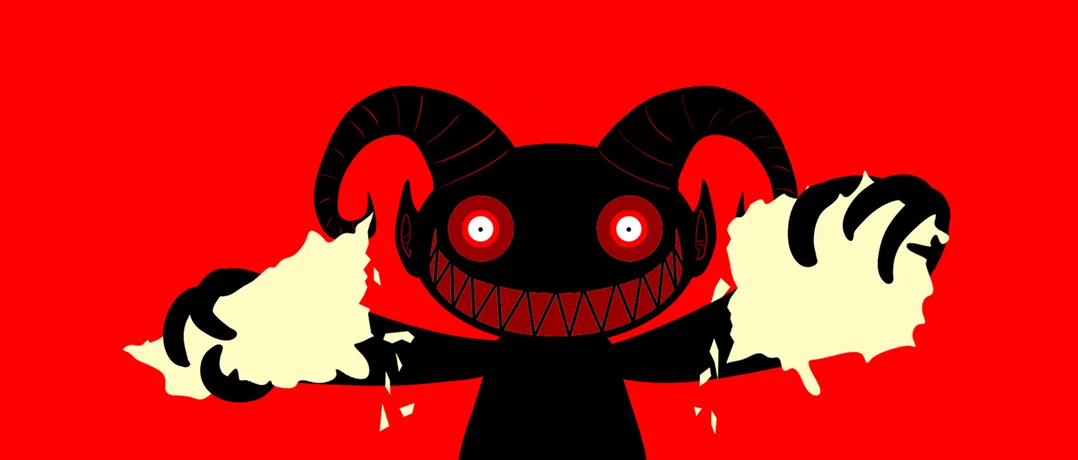Rising attacks on Lebanese media highlight threats to press freedom, sovereignty, and the rule of law.
The law of the jungle

Lebanon witnessed two deeply concerning developments this week, both raising serious questions about press freedom, state sovereignty, and the country’s stability.
Lebanon Rallies Behind MTV and Nidaa al-Watan After Defamation Campaign
In recent days, a coordinated campaign of defamation and treason accusations, reportedly fuelled by a media outlet affiliated with a political faction, targeted MTV Lebanon and Nidaa al-Watan, as an attempt to silence critical voices and undermine the credibility of free press institutions. They have accused the stations many times of treason and collaboration with the enemy, while refusing to acknowledge Israel’s undeniable technology superiority.
Moreover, anyone who dares to criticize Hezbollah party from outside its circle is instantly branded a traitor by those within its own environment.
We cannot overlook the acts of betrayal emerging from within Hezbollah’s own environment from its circle, network and affiliates. The same community that accuses others of hostility and treason is, in reality the one where these breaches originate. Even those closest to the party’s leadership are not exempt. The hypocrisy is striking. and treason is, in reality, the one where these breaches originate. They project accusations outward, while the real disloyalty festers within.
The rhetoric used in the attack went beyond criticism, veering into incitement and accusations of betrayal, prompting an outpouring of public condemnation. Observers described the campaign as part of a growing trend to pressure independent media in Lebanon through smear tactics and defamation. The attacks against MTV and Nidaa al-Watan, both known for their outspoken editorial lines, were seen as a direct challenge to freedom of opinion and democratic discourse.
However, the campaign has sparked a wave of solidarity across Lebanon’s political and media circles, with calls to defend freedom of expression and stop the intimidation of independent journalism. Political parties, journalists, and civic organizations expressed solidarity with the targeted outlets, describing the attacks as a dangerous precedent that undermines media independence. Statements highlighted that a free and diverse press is essential to national stability and a cornerstone of Lebanon’s democratic identity. Calls were also made for judicial accountability to prevent the recurrence of similar campaigns, with appeals to uphold the rule of law and protect journalists from threats and defamation.
For many, the solidarity shown toward MTV and Nidaa al-Watan represents more than support for two media outlets, it is a defence of Lebanon’s core democratic values and a reminder that the right to speak freely must be protected, even in the face of intimidation.
Hezbollah’s latest threats against the head of a Lebanese television network have once again exposed the widening gulf between its demand for “respect” and its own disregard for the rule of law. The party insists on political legitimacy and public deference while resorting to intimidation, public threats, and the rhetoric of fear (tactics that belong to the law of the jungle, not a constitutional state).
In a democracy, respect is earned through accountability, not imposed through coercion. It is deeply inconsistent to condemn journalists for citing foreign or Hebrew-language sources when those very sources are routinely used by Hezbollah-aligned media. Such selective outrage reveals not strength, but fragility; a fear of scrutiny dressed as moral superiority.
Lebanon cannot function when one faction reserves for itself the right to threaten, censor and dictate, while others are denied the right to speak or defend themselves. The country’s pluralism demands mutual restraint, not unilateral dominance. The politics of intimidation must give way to the principles of law, equality and free expression, values without which no republic can endure.
Hezbollah’s controversial open letter
Meanwhile, on November 6, 2025, Hezbollah addressed an open letter to the three presidents (the President of the Republic Joseph Aoun, Speaker of Parliament Nabih Berri and Prime Minister Nawaf Salam) and the Lebanese people, outlining its “vision regarding the situation and the required national stance.” However, instead of bringing hopes for peace and deescalation, the letter further fuelled tensions and division.
Hezbollah says to the President of the Republic and the Prime Minister: “The one who commands and forbids in Lebanon is me. Only I have the right to decide whether negotiations take place or not. There is no such thing as negotiations.”
Therefore, the group is telling the President of the Republic that “I decide whether there will be negotiations or not, not you.” Accordingly, claiming this prerogative, Hezbollah closed the door to the negotiations proposed by the President, even if the latter announced or initiated them. The group thus blocked the path to discussions based on its belief that it retains the authority regarding the matter at hand. In other words, Hezbollah is confronting the President and telling him: “I will not allow you.”
Furthermore, Hezbollah is overstepping the President of the Republic, and also overstepping the government and the Prime Minister, by describing the decision taken on April 5, 2025(the decision to remove illegal weapons, foremost among them its very own) as a ‘sinful decision.’
Consequently, the group is also accusing the government of treason, claiming the latter serves the enemy, Israel.
Hezbollah declares its insistence as well on retaining its weapons, even though the latter, for over a year now, has not dared to throw even a stone, let alone a bullet, at Israel. The group also insists on continuing its project, in defiance of the Lebanese state’s decision, the constitution, and the opinion of the majority of the Lebanese people on this matter.
They are dividing the country and standing firmly against freedom of speech, acting with sheer arrogance while forgetting that their actions have dragged Lebanon into conflict and isolation. They have already lost, with nothing left to justify their stance. Even basic truths that expose their conduct are censored and forbidden, as if reality itself has become a threat to them.
This is not a matter of “offense” or “false claims”; it is about facts. Yet their response is always intimidation and threats, an approach that is neither acceptable nor lawful. There is no state decision, no law, no accountability to restrain them. How long will this situation persist? They continue to bend borders, laws, and institutions to their will, all while playing the role of the victim and labelling others as traitors. But the real betrayal lies in undermining Lebanon itself and the very meaning of Lebanese belonging.



